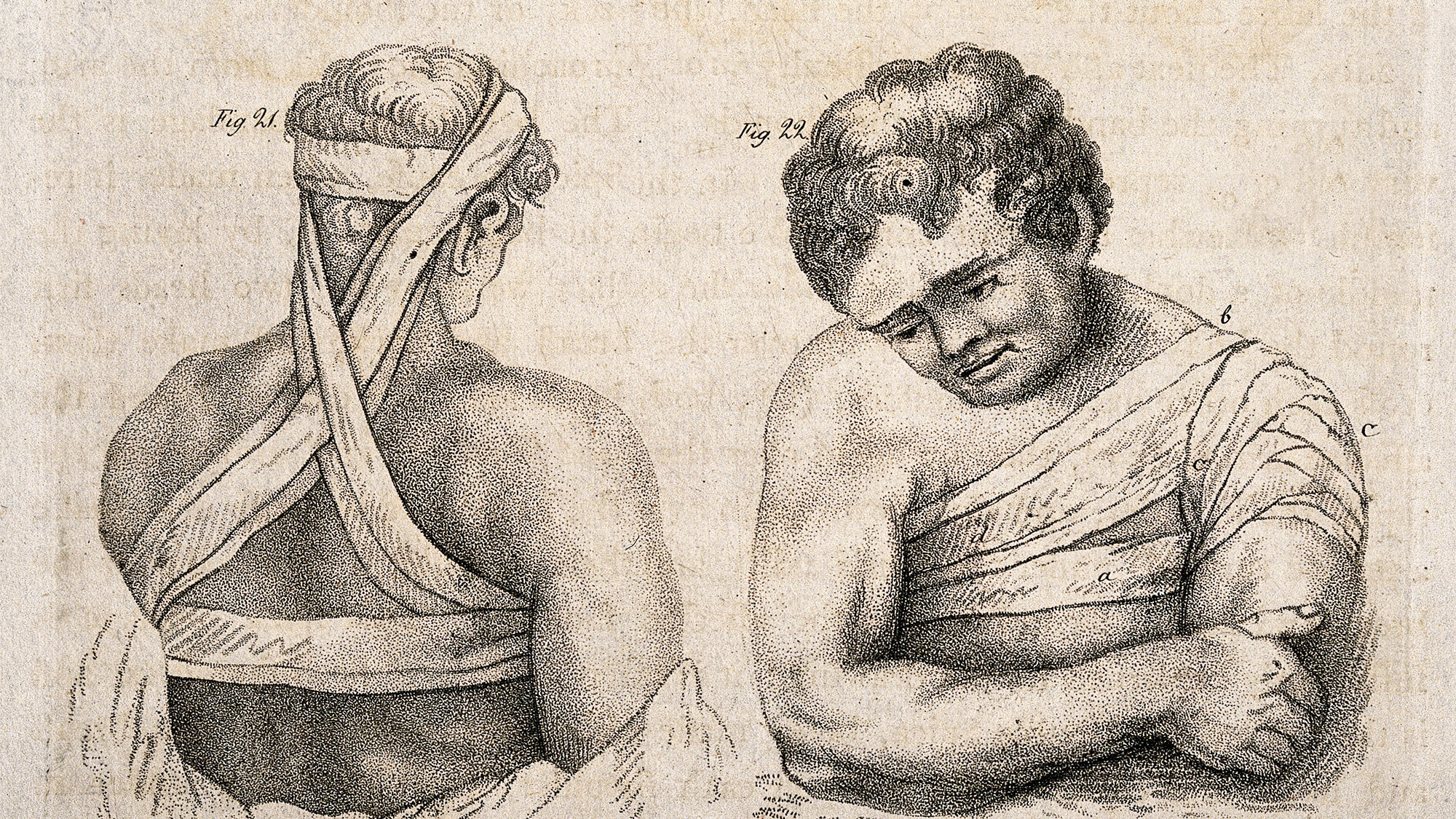Undergraduates and Medical Students Learn Cura Personalis Through the Medical Humanities
(March 1, 2024) — For the past three years, Georgetown undergraduates and medical students have immersed themselves in the emerging interdisciplinary field of medical humanities, which seeks to expand the hard sciences approach to the study of science and medicine to include social and historical context.
“We take a lot of classes to learn the basic science approach to treating patients, such as a person’s white blood cell count being high being a sign of infection in immunology,” said Julie Nguyen (H’24), a human science major. “But the cell count doesn’t necessarily translate into symptoms, which is what the patient actually cares about. Listening to people to find out what’s going on is the big takeaway for me from the medical humanities.”
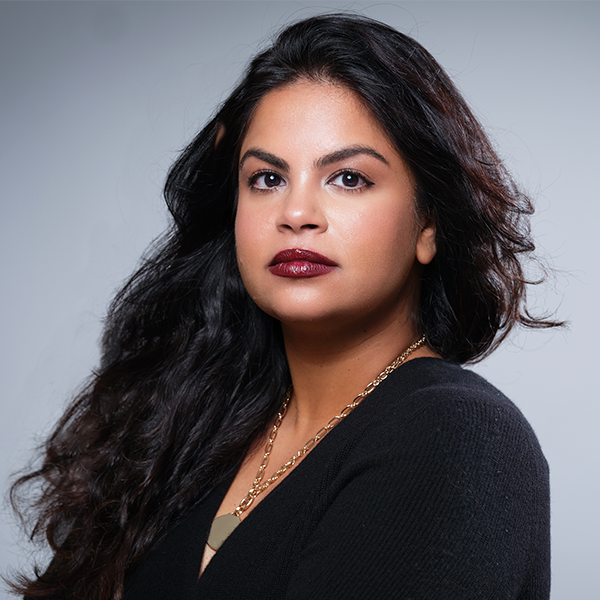
Lakshmi Krishnan, MD, PhD
The medical humanities helps students define the Jesuit value of cura personalis to reveal that “the entire person” cannot be treated without developing empathy to recognize a person’s humanity along with their health.
At Georgetown, the Medical Humanities Initiative is a university-wide collaboration involving faculty from a range of fields as disparate as philosophy, sociology and urology.
Formed in fall 2020 under the guidance of the founding director, Lakshmi Krishnan, MD, PhD, the Medical Humanities Initiative also hosts public events and supports research.
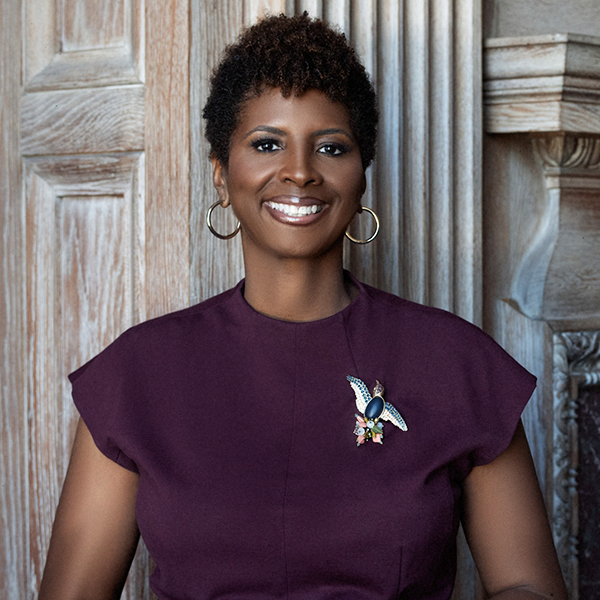
Dana Williams, PhD
After recently receiving a grant from the Mellon Foundation, Krishnan partnered with Dana Williams, PhD, from Howard University to form a Center for Medical Humanities and Health Justice in an effort to practically apply the humanities to address health inequities in the Washington area.
“One way in which we use the humanities to inform health care is by capturing the stories or lore that informs health behavior and impact the level of trust people may place in physicians and institutions,” said Krishnan, an assistant professor of medicine in the School of Medicine.
By developing a greater understanding of a person’s experiences, including possible barriers to care, Krishnan believes the medical humanities can help dismantle racism and health disparities in the DC region and beyond.
A New Minor
Nguyen is among the second cohort of students who will graduate with a minor in medical humanities. To complete the minor, undergraduates take an introductory course, a methods course, three electives courses, and a capstone course including a research project of their choosing.
“My medical humanities courses are discussion-based, which is so refreshing,” said Nguyen. “When the professors ask a question in class, they don’t necessarily have a correct answer in mind. They just really want to know what you think.”
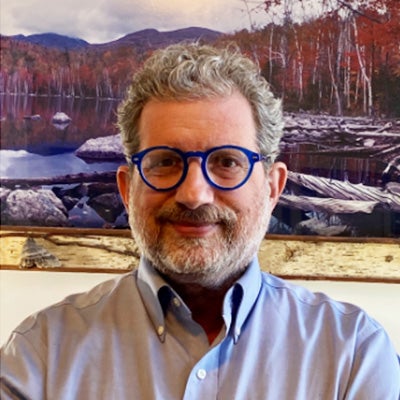
Jeffrey Spike, PhD
One course that stuck with Nguyen was Pediatric Ethics taught by Jeffrey Spike, PhD, an adjunct lecturer in the College of Arts and Sciences. “We discussed several issues that could arise within pediatrics from birth through 18 years of age,” said Nguyen.
“One discussion that changed my way of thinking involved whether or not couples over 50 should be allowed to have children.” Nguyen initially thought older adults shouldn’t be deterred in having children, but then was presented with evidence that children with older parents are impacted negatively by the death of a parent at a young age.
For her capstone project, Nguyen will explore the ethical tensions between withdrawing end-of-life care and the phrase “playing God.” She was inspired to pursue the topic after a course titled the Problem of Suffering taught by Michael Pottash, MD, MPH, associate professor of medicine at the medical school.
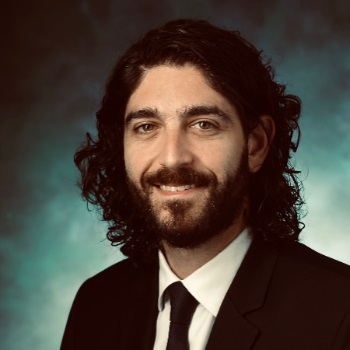
Michael Pottash, MD, PhD
As a peer advisor in the School of Health, Nguyen encourages incoming students to take medical humanities courses.
“You really can get in a bubble only taking science classes if you’re interested in medicine, but the medical humanities help you connect with people outside of science, in the real world, which is helpful for everyone,” said Nguyen.
Assessing the Practical Impact of Medical Humanities
Schuyler Gaillard (M’24) and Lizzie Torrez (M’24) were first exposed to medical humanities through a second-year selective course. Both students accepted an offer from Krishnan to pursue additional focus group research, resulting in the two being co-authors on a paper examining the value of medical humanities curriculum.
“On a math test you are able to see if someone is doing math correctly and retaining fact-based knowledge, but how do you measure the knowledge of a greater understanding of historical context?” asked Gaillard.
During the focus groups, Gaillard and Torrez received feedback from students about what they took away from their courses, the skills they gained, and how they see the course having real world application.
“We found students developed a greater understanding of why populations may have different relationships with medicine from the courses they took,” said Gaillard.
The pair are now working to expand upon their initial research to understand how the medical humanities could be utilized to build an anti-racism curriculum.
“The medical humanities leads to a greater understanding for students of the generational trauma that communities have faced and work that is needed to repair the historical damage to address modern day health inequities,” said Torrez. “We also found there was so much power in medical humanities through learning a person’s narrative. It challenges you to consider a life outside your own in a way that learning about health inequities through statistics can’t replicate.”
Prioritizing Patient Stories

Sweta Ghatti (M’26)
Sweta Ghatti (M’26) first engaged with the medical humanities not through a selective course but doing research with Krishnan as a Mitchell Scholar on health disparities in the DC region.
“It was really interesting research involving a lot of qualitative papers, which I did not have as much research experience with prior to the project,” said Ghatti. “The qualitative papers were examining things such as miscommunication in health care and language barriers — things that are hard to quantify but were concerns people expressed in focused groups.”
“The research experience definitely left me seeing the value in the story aspect of medicine, that taking a history is one of the most important tools you have as a physician if you listen to what the patient is telling you,” said Ghatti. “I was reminded of why I wanted to go into medicine in the first place. There’s something so humanizing in empathizing with what a person is telling you and building that bond between a physician and patient.”
Heather Wilpone-Welborn
GUMC Communications
Top Image: The upper body and head and ways of bandaging them. Stipple engraving by J. Bell. Wellcome Collection. Public Domain Mark. Source: Wellcome Collection.

